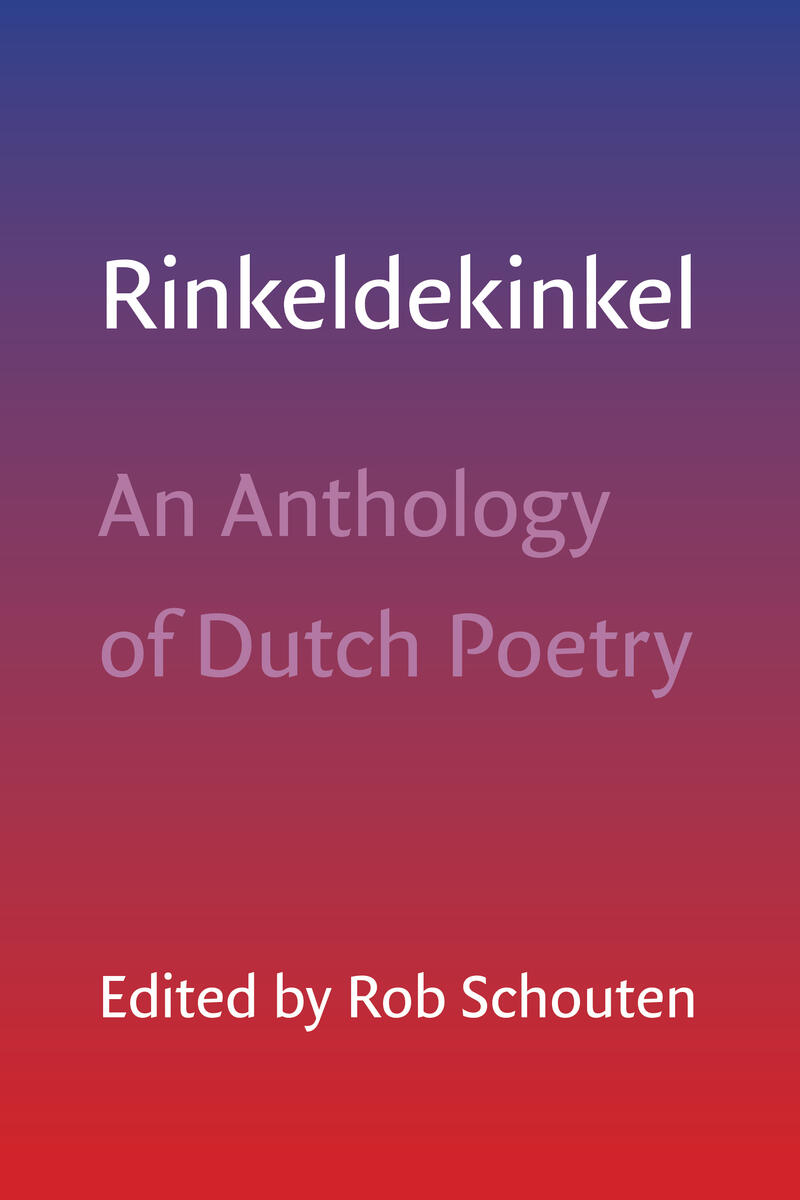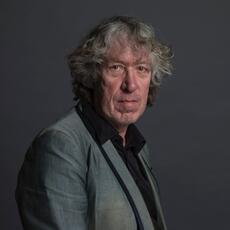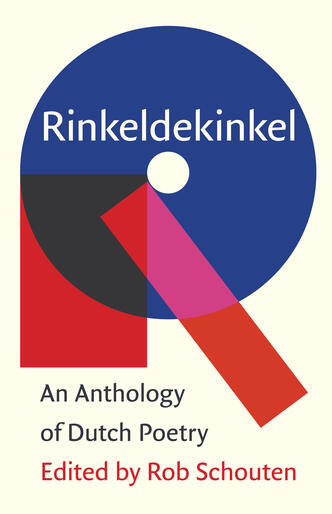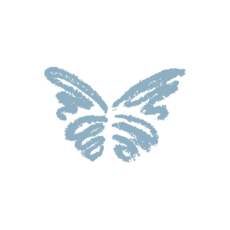Excerpt: Robert Schouten's Rinkeldekinkel
A great deal of Dutch poetry nowadays is influenced by urban tendencies, by movies, by social media, by elements of the news. Earlier generations often focused on nature, that traditional source of consolation for modern man who has lost his religious faith and paradise. This tendency also means that most younger poets do not strive any longer for unity behind all diversity, for calming the chaos, for a symbolist view on reality; on the contrary, they emphasize pluriformity, changes of registers, they prefer the prismatic glance of diversity.
Also quite striking is the renewal of language in Dutch poetry seen in the influence of slang and the use of quotations from all sorts of sources. Poets try out new idioms, creating neologisms and recycling spoken language; this also implies a new view on reality, as if they want to contribute to chaos rather than reduce it. The global world is a colorful event, we don’t want to tame it; rather, we want to be amused, bewildered, and excited. The traditional and rational complacency of many of the older poets seems to have vanished.
And of course there are literary reasons for the massive change of mood as well. The Netherlands has always had a limited linguistic area. Therefore, foreign influences play an important role in our twentieth-century growth. Major poetry events like the Rotterdam Poetry International Festival, which started in 1970, brought poetry in translation from all over the world. We saw an increase in multiculturalism in the seventies due to the arrival of many new inhabitants from the former colonies and the influx of gastarbeiders—or guest workers—from Turkey, Morocco, and other Eastern and Southern European countries led to an increasingly diverse poetry scene.
Another feature of modern Dutch poetry that distinguishes it from the old one is its theatricality. Unlike the old days when poetry was mostly read in silence, there is now a blossoming practice of reading and performing poetry in public. This is not only true for slam poetry, which has a fruitful branch in the Netherlands, but also for the more traditional form of written poetry. There are dozens if not hundreds of poetry festivals across the country, and many cities have a so-called Stadsdichter, or City Poet. The Stadsdichter is a sort of local Poet Laureate who, by appointment, produces poetry that reflects on social or public events. One could say that poetry in the Netherlands, for the first time in its modern history, really has a public voice.
All of the above is represented in the poets included in this anthology. Pieter Boskma, for instance, is the only surviving poet of the Maximalen whose meandering poems reflect a new vision on nature and human life. K. Michel, Arjen Duinker, Tonnus Oosterhoff and Elma van Haren all made their debuts around 1990 and provided postwar poetry with the artistic and philosophical freedom it so badly needed. One could call their prismatic, open poems as close to democratic as a poem could be.
The turn of the century also saw a striking influx of female poets, all of them different but one in their effort to strike different tones in Dutch poetry: Anneke Brassinga, Esther Jansma, Anne Vegter, Hagar Peeters, Maria Barnas, Ellen Deckwitz, Ester Naomi Perquin, and the youngest in this anthology, Lieke Marsman, all produce a versatile body of work that ranges from experimental (Vegter) to more traditional (Jansma).
The unique modern baroque of Ilja Leonard Pfeijffer, who reverts to the ancients, as does Hester Knibbe, in another way, the classic Romantic agony of Menno Wigman, the complex Escher-like tale-telling of Nachoem Wijnberg, the cheerful lyricism of Erik Menkveld, the philosophical complacency of Mark Boog, the light hearted virtuosity of Ingmar Heytze, the multicutural inspiration of Mustafa Stitou and Alfred Schaffer—all of this can be found in these pages. Rinkeldekinkel casts a light on the Netherlands’ cultural and artistic growth as well as makes clear the thrilling society we have always been.
What more could an anthologist wish for?
April 2021



